‘No go’ area for taxis and locals in fear of lives, Galway policing meeting hears
Published:
-
-
Author: Denise McNamara
~ 5 minutes read
From this week's Galway City Tribune
Residents in Ballybane are in fear of their lives and taxi drivers are no longer travelling to the area after dark due to serious antisocial behaviour.
That was the claim of one unnamed person to a public meeting of the City Joint Policing Committee this week, who claimed people living near the entrance of St Brigid’s Church were being tormented by a campaign of “attacks, stone-throwing, and antisocial behaviour”.
“A 14-year-old resident was reported to have been seriously injured,” said the concerned resident.
“Taxi drivers avoid the area after dark to protect their vehicles.”
They begged for solutions such as increased lighting in the church area, more foot patrols and greater collaboration with Gardaí and other authorities to address the antisocial behaviour.
Gardaí said they were aware of these incidents.
“Community Garda have conducted proactive patrols in the area. Gardaí will continue to identify the individuals involved in this antisocial behaviour. The assistance of Crime Prevention Officer [Sergeant Mick Walsh] has also been requested to conduct a survey of the area with a view to identifying areas where antisocial behaviour is prevalent and how best to counteract this, such as street lighting, cutting down foliage.
“Community Gardaí have engaged with the local community groups, encouraging them to report all incidents. Recent engagement has confirmed that incidents of antisocial behaviour have decreased.”
Another resident, who gave his name as ‘Paul’, told the meeting at the Ballinfoile Castlegar Neighbourhood Centre, that he lived in an estate near there and was constantly ringing Gardaí at Mill Street to respond to incidents, but to no avail.
“We’re reporting to a black hole – nobody comes back. We’re told to call 999, an hour-and-a-half later we get a call back, but nothing is entered into [the Garda incident reporting system] Pulse.”
Community Garda Marcus O’Flynn had visited the estate to talk to the culprits but nothing was being done when he was off duty. He asked for additional community Gardaí to be assigned to the area.
Superintendent Damien Flanagan said every Garda was a community officer.
“If you ring into Pulse, somebody is going out, but we have to prioritise calls. When they will go out, there might be nobody there – are you looking for personal feedback every time you ring?”
Paul was unimpressed: “You’re not turning up, I’m telling you right now.”
Chief Superintendent Gerry Roche said every call made to 999 is logged in a centralised call centre called GardaSafe, which was set up because there was a problem with calls “disappearing onto black holes like you said”.
“If you tell me where exactly the calls are from – we deal with 56,000 calls a year – the vast majority of them have satisfactory outcomes. There are diverse calls, it could be about a car parked on a footpath or a bullock straying.”
There was one sergeant and 12 community Gardaí assigned for the city and just one for the Ballinfoile and Castlegar areas.
“I have always said community policing is important. One sergeant was provided recently. I won’t reduce that amount, it’s very important I have them there. Lots of places don’t have community police, we do.”
Community activist Brendan Smith said there was a disconnect between the Gardaí and the community.
“Marcus O’Flynn is brilliant but he’s pulled every way. We used to have community alert groups that used to meet with Gardaí but they don’t function like that.”
Sergeant Mick Walsh said Community Alert groups were being set up across the city and old ones no longer functioning after Covid were being relaunched.
“If the guards are being called out all the time, you have a problem. Why are the kids doing what the kids are doing. It’s very much a case of the community coming together and working with the stakeholders to find solutions. It’s Neighbourhood Watch, it’s Community Alert, community groups, the school – it’s very much a collaborative approach as opposed to calling the guards and nothing is ever achieved.”
Paul said much of the antisocial behaviour was as a result of the Council outsourcing the management of social housing to housing bodies such as Respond, who “don’t do anything about antisocial behaviour – they have no interest”.
“There was not one thing on for free for kids [in this community centre] and when they did, the place was trashed.”
Taxi drivers’ representative Pat Hardiman said three drivers had been assaulted recently.
Traffic, the lack of taxi parking, pressure from other companies such as Free Now and Uber as well as assaults, would drive many out of the industry.
“We won’t be here in two years’ time,” he warned.
Queries were also raised by members of the public about antisocial behaviour on ‘the Line’, the shortcut used between Renmore and City, and late-night revellers knocking on windows and doors of homes in Bowling Green.
Gardaí said there have been increased uniform patrols in the city during day and night tours with members drafted in from other areas.
The statistics presented to the meeting showed a 15% decline in a year in public order incidents – 391 were recorded, despite the violent clashes between feuding families on the streets of Galway which prompted worldwide headlines last September. The numbers are well down from the 2019 high of 514.
While there was a slight increase in the number of minor assaults – up by ten to 285, the highest for six years – there was a considerable drop in the numbers of serious assault which left people with injuries. In some cases, the injuries were life-changing ones – that was down from 122 last year to 106.
More like this:
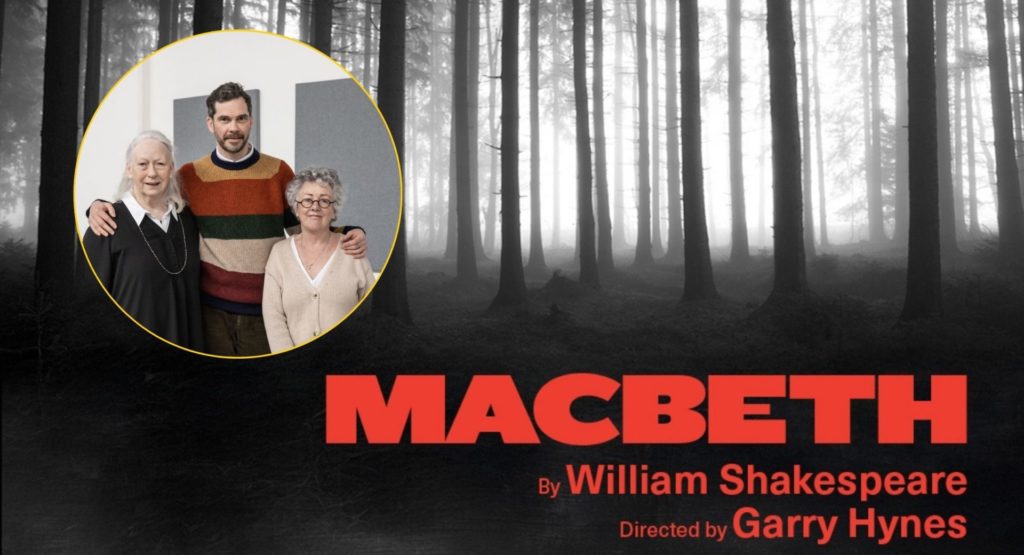
Druid to mark 50th anniversary in Galway with a double bill, a symposium and public talks
This article first appeared on Galway Bay FMDruid is to mark its 50th anniversary in Galway city ...

Funding awarded for repair of former Oughterard railway station
This article first appeared on Galway Bay FMFunding has been awarded to repair and protect the fo...
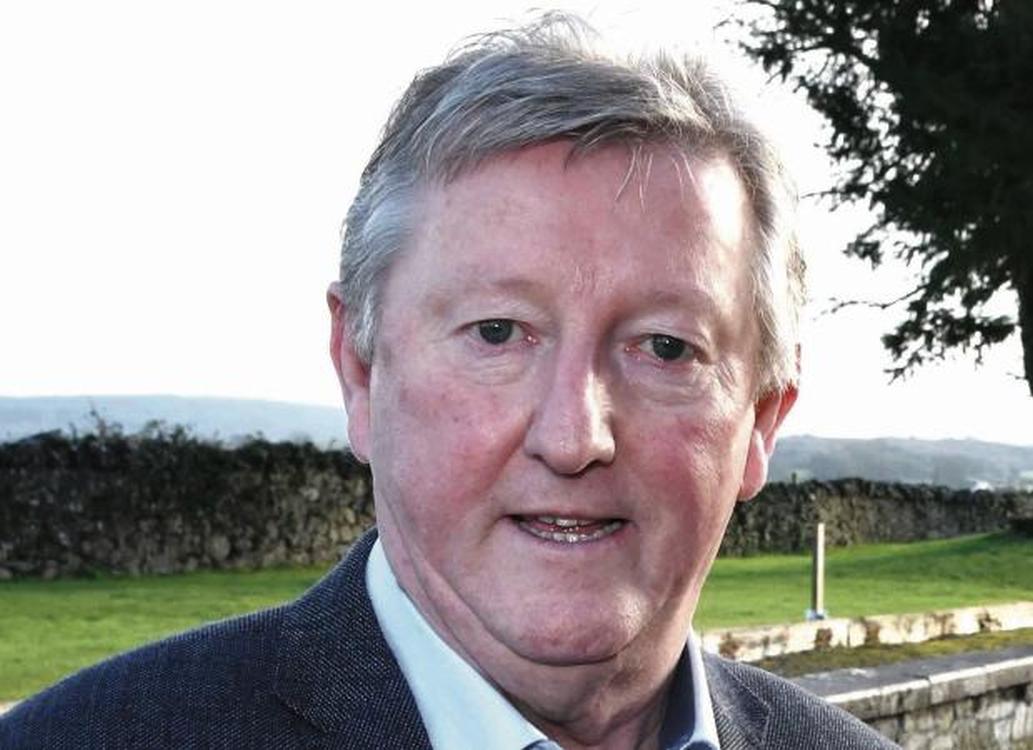
Galway Ring Road goes back to planning authority
THE Galway City Ring Road (GCRR) project is set to comply with one of its main planning requireme...

Paying homage to ‘the list’ that is until you can’t find it
Country Living with Francis Farragher IT’S a typical late Thursday afternoon and the ‘back has...
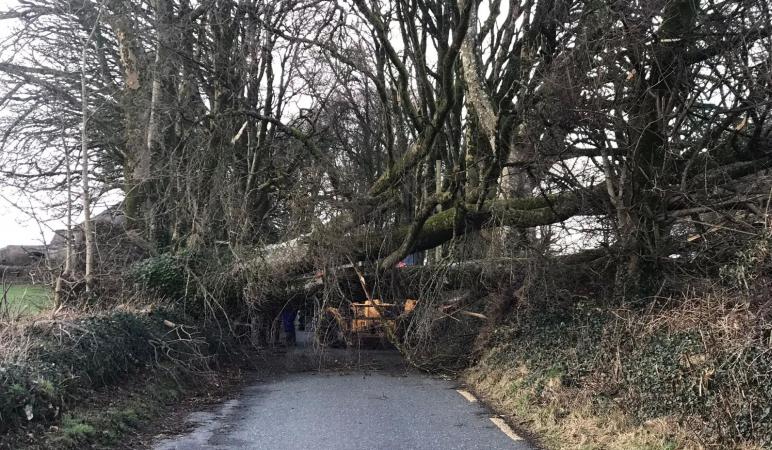
130-plus council homes in Galway damaged by Storm Éowyn
Storm Éowyn caused damage to more than 130 County Council houses across Galway earlier this year....
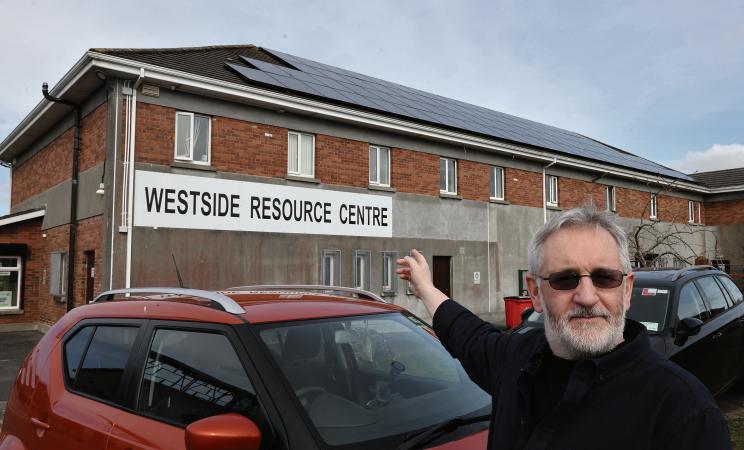
Powering up for a greener world
Galway City’s Westside Resource Centre is playing a crucial role in helping people to reduce thei...

Galway start-ups invited to compete for Creative Business Cup
There’s another chance for Galway’s creative start-ups to take their place on the global stage as...
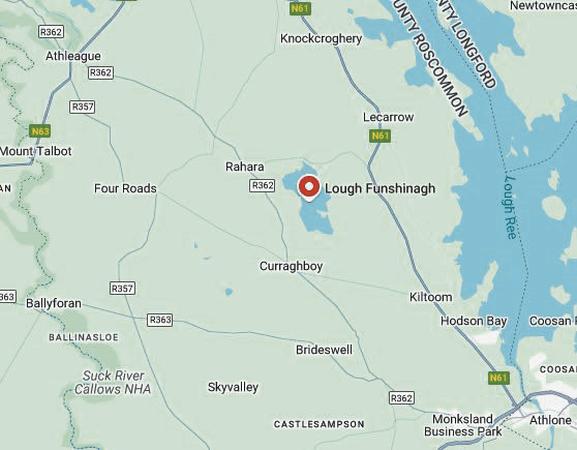
Relief at last for families in flood nightmare area
RELIEF is in sight at last for farmers and householders close to Lough Funshinagh in south-west R...
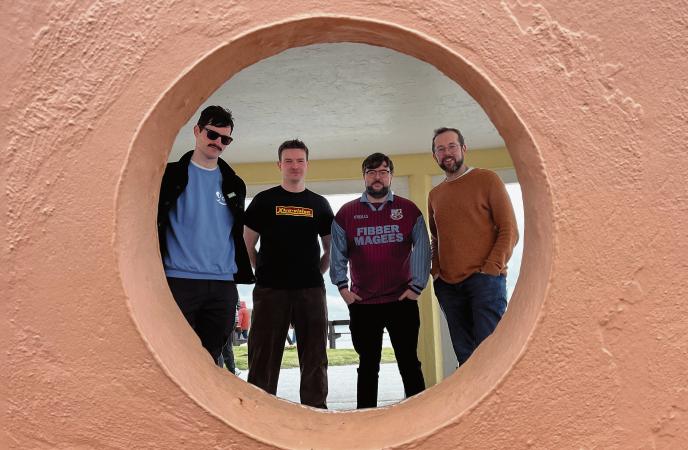
Galway outfit’s Field Trip to a Foreign Land
Groove Tube with Cian O’Connell Seven summers ago, in a primary school classroom and a living ...
Sign Up To get Weekly Sports UPDATES




